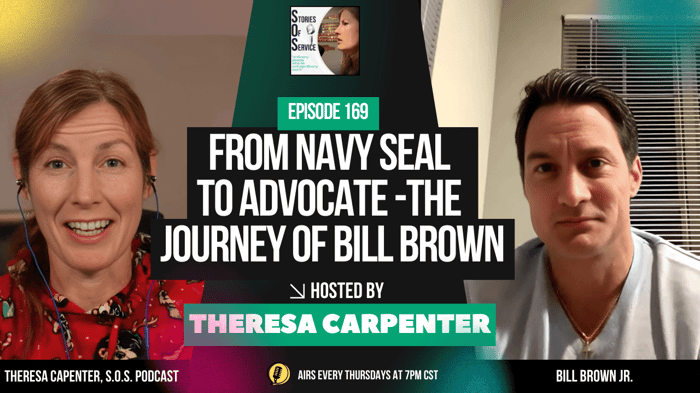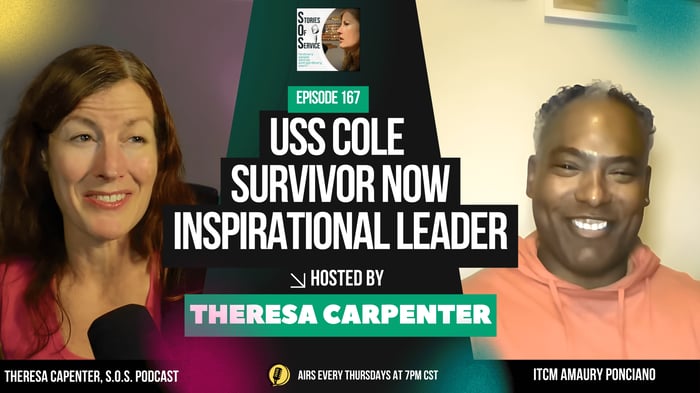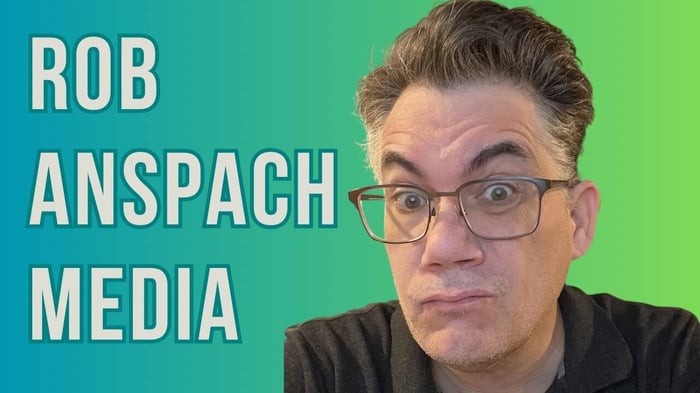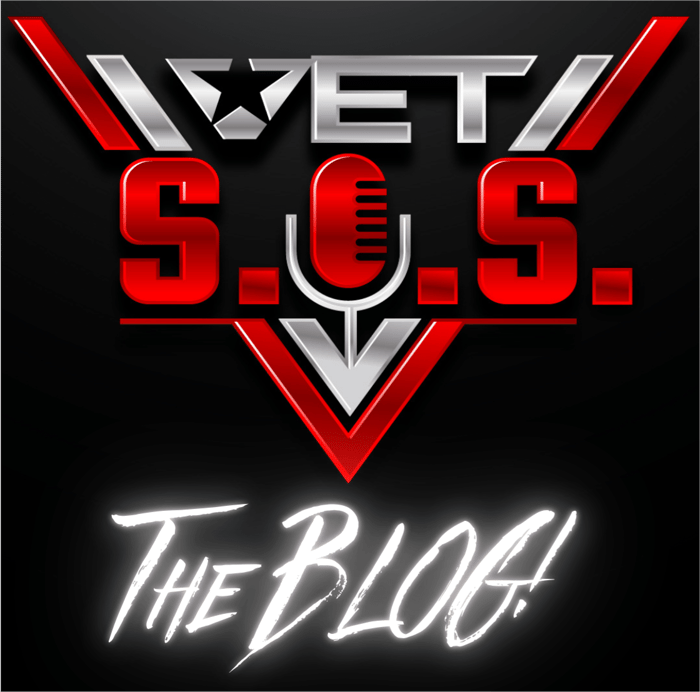 The VetSOS Podcast recently sat down with Mary Millsett and Zeke Vanderpool, co-founders of Operation Angel Wing (OPAW), an organization making strides in addressing the mental health challenges faced by veterans, first responders, and their families. With deeply personal experiences shaping their mission, Mary and Zeke shared their journey, the critical gaps they’re addressing, and their faith-driven approach to trauma recovery.
The VetSOS Podcast recently sat down with Mary Millsett and Zeke Vanderpool, co-founders of Operation Angel Wing (OPAW), an organization making strides in addressing the mental health challenges faced by veterans, first responders, and their families. With deeply personal experiences shaping their mission, Mary and Zeke shared their journey, the critical gaps they’re addressing, and their faith-driven approach to trauma recovery.
The Origins of Operation Angel Wing
Operation Angel Wing’s story begins with two individuals who transformed their personal struggles into a powerful mission. Mary Millsett endured cycles of extreme abuse as a young woman, yet channeled her experiences into a successful 20-year career in public safety and emergency medicine. Armed with a master’s degree in neuro-linguistic programming (NLP) and timeline therapy, Mary now applies cutting-edge modalities to mental health work, focusing on veterans, first responders, and their families.
Zeke Vanderpool’s journey began with 23 years of service in Army Special Operations, including deployments to Afghanistan and Iraq. Transitioning out of the military in 2013, Zeke faced significant challenges reconnecting with his roles as a husband, father, and law enforcement officer. Grappling with trauma and a sense of lost purpose, he realized the need for specialized support to help others navigate similar struggles. His collaboration with Mary brought forth OPAW, where he applies his expertise in trauma intervention and therapeutic techniques to help others heal.
A Mission Rooted in Experience and Innovation
Operation Angel Wing’s mission is clear: to assist protectors – veterans, first responders, and their families – through the devastating effects of traumatic stress and guide them toward post-traumatic growth. Central to their approach is addressing the "pre-service trauma" that individuals often carry into careers in service roles. This foundational understanding is critical in preventing the compounding of trauma over time.
One of OPAW’s most transformative tools is their six-week protocol, which integrates neuro-linguistic programming, timeline therapy, and other innovative techniques. Unlike traditional therapy models, this program resolves deep-rooted issues within weeks, moving participants from intervention to post-traumatic growth. The result is not only healing but a redefined sense of purpose.
OPAW’s success has also been recognized by organizations like Wounded Warrior and the Green Beret Foundation, who have referred individuals to OPAW after exhausting other avenues. This highlights the program’s efficacy and the need for alternative approaches in mental health care.
Faith-Based Healing and the “Why” of Trauma
As a faith-based organization, OPAW embraces the spiritual element of healing. Both Mary and Zeke emphasize the importance of understanding the "why" behind trauma. By helping individuals frame their experiences, OPAW empowers them to take actionable steps toward recovery. “When you give someone the ‘why,’ you open the door to walk them through the ‘how,’” Zeke explained.
Mary highlighted how trauma-informed education plays a crucial role in their work. During one session with a major nonprofit, three amputee veterans expressed gratitude for finally understanding why their trauma had affected them so deeply. This “why” became the catalyst for their healing.
A Broken System and the Call for Change
Mary and Zeke are vocal about the shortcomings of the mental health industry. They argue that current systems are reactionary, focusing on behavior correction rather than addressing the root causes of trauma. “If we don’t deal with what we came in the door with, it will catch up to us,” Zeke shared.
Despite billions of dollars funneled into mental health initiatives, they point to stagnant or worsening statistics, such as rising veteran suicide rates. Traditional models often fail to adapt innovative solutions or allocate resources to grassroots organizations like OPAW. As Mary put it, “You can’t create a mass solution for an individual problem.”
Additionally, Mary criticized the industry’s reliance on academic models that lack preparation for service-related trauma. She pointed out the importance of bridging gaps between traditional and alternative approaches, advocating for a more holistic strategy that combines neurolinguistic techniques, faith, and community involvement.
A Movement for Hope and Healing
Operation Angel Wing’s success lies in its deeply personal approach and innovative techniques. By fostering relevance and connection, Mary and Zeke build trust with those they serve, enabling transformative change. Their work underscores a powerful truth: those who have walked through trauma are uniquely qualified to guide others.
As Zeke reflected, “When you’ve walked the miles, there’s a relevance that comes into play that supersedes all the other fancy stuff. It bridges the gap of reluctance and brings people to a place of healing.”
Their faith-based foundation allows OPAW to offer a safe, compassionate space for healing, which is often absent in traditional approaches. The organization’s emphasis on pre-service trauma, community healing, and post-traumatic growth positions it as a model for addressing the mental health crisis among veterans and first responders.
How to Support and Connect with Operation Angel Wing
Operation Angel Wing is making an impact, but their work relies on community support. To learn more or connect with the team:
Visit: OperationAngelWing.org
Email: [email protected]
Follow on LinkedIn: https://www.linkedin.com/in/operation-angel-wing-7815b9236/
For those inspired by their mission, OPAW welcomes volunteers, partnerships, and donations to help expand their reach and provide resources for trauma survivors.
The VetSOS Podcast ended the conversation with a powerful call to action: let’s create a movement where those who have overcome trauma reach back to lift others up. As Zeke so poignantly said, “You are the most qualified to minister to the person you used to be.”
Let’s continue the mission together.





